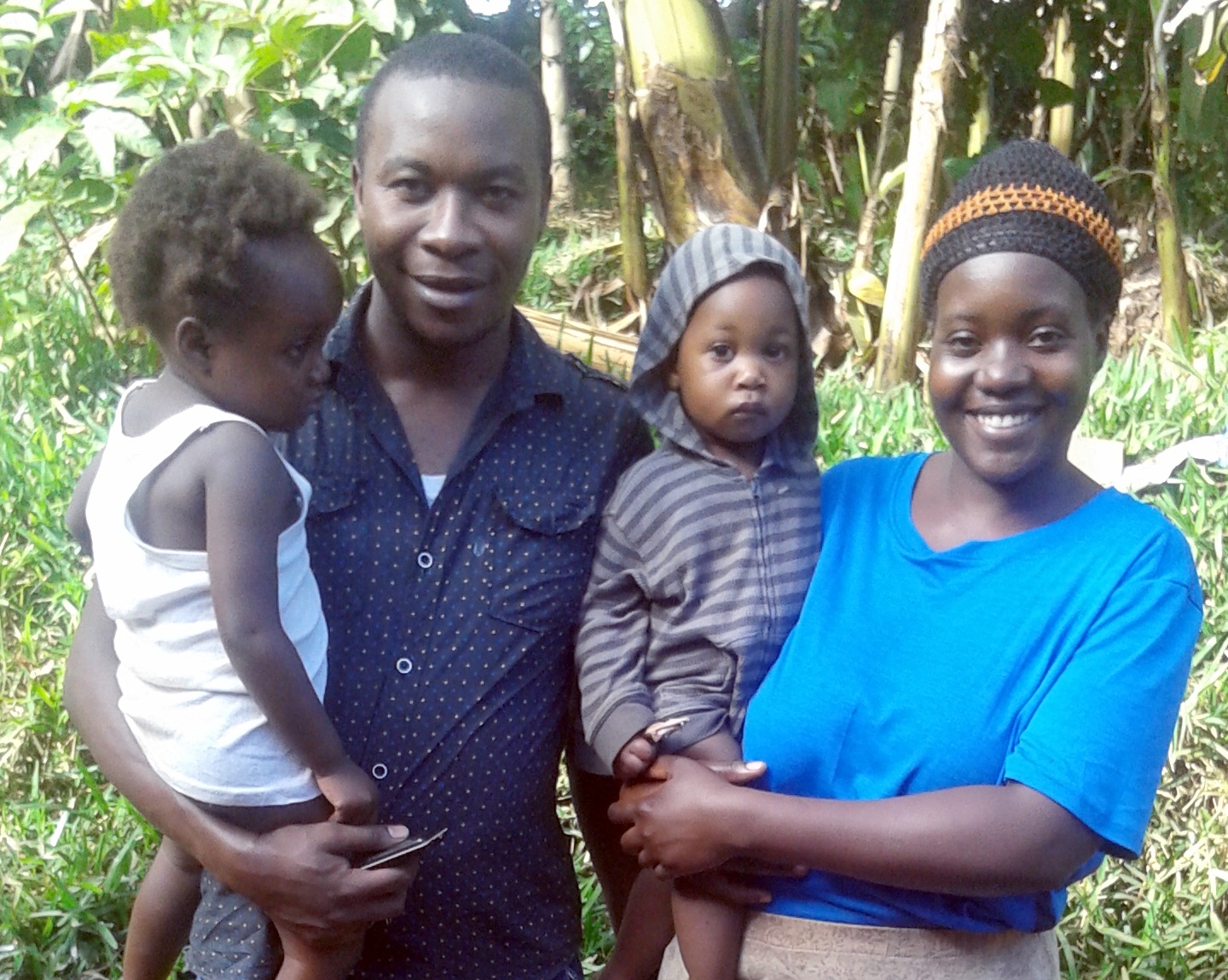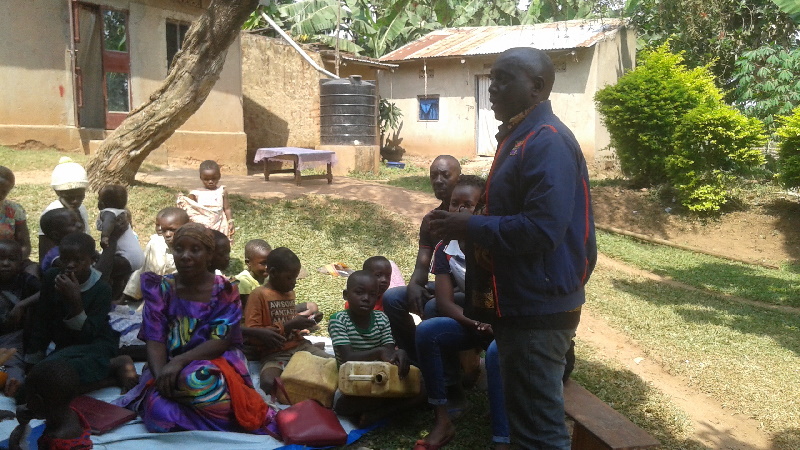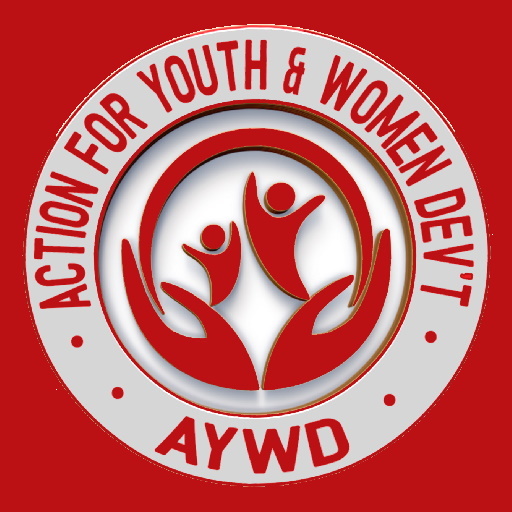Advocacy & Good Governance
AYWD has considered advocacy as a mainstream programme area rather than a cross cutting intervention. As a sustainability programme area AYWD is focusing on building the capacity of the targeted communities in the following;

Good governance presents an opportune environment where all the beneficiaries can freely express themselves while lobbying government for better service delivery and economic development. AYWD intends to build capacities of community beneficiaries in lobbying and advocacy so that they can take be at the forefront in demanding good governance and holding the responsible authorities accountable and demand for better service delivery, through the existing government structures.
Through in-house trainings and mentorship AYWD shall build the capacities of its human capital in advocacy and good governance so that they replicate the same knowledge and skills to the grassroots beneficiaries.
A top-down approach in capacity building shall be adopted; AYWD staff to Local Government Authorities based structures (CATs, CMT) the final beneficiaries and integration in all project implementations.
Within the Good Governance, Lobbying, Advocacy and Networking Thematic Area, AYWD will implement interventions in the following Sub-thematic areas;
- Institutional Capacity Building and Resource Mobilization with specific focus on;
- Strengthening Human resource capacity to match with the requirements of the increased business scope;
- Strengthening institutional governance and management systems, policies, procedures and guidelines;
- Sustaining Institutional Resource Management, Performance Management and Accountability;
- Promote Lobbying, Advocacy and Good Governance with specific focus on:
- Conducting resource mobilization activities for roll out of the advocacy and good governance program;
- Building the capacities of AYWD’s human capital in advocacy and good governance so that they replicate the same knowledge and skills to the grassroots beneficiaries;
- Build the capacity of communities that are implementing agriculture projects to mitigate effects of climate change;
- Network with communities, district leadership, NGOs both local and international development partners to mobilize resources to finance various programs to be implemented.
Human Rights Education (citizen rights and participation, roles and responsibilities of rights holders and duty bearers, Evidence Building for advocacy and promoting Citizenry led advocacy)

Develop and Implement Programs for Prevention and Control of Social Gender Based Violence
AYWD did not carry out interventions in this area during the implementation of the last strategic planning cycle. However the gains achieved in enhancing family economic empowerment had bred spouse-related family conflicts over distribution of enhanced family income and related vices of rape and defilement due to increase in disposable income and cultural overtones. This has necessitated development of actions to control and manage Social Gender Based Violence (SGBV) which is currently a key community challenge. The following key interventions have been planned for implementation in the Strategic Plan to address the challenge:
- Development and dissemination of SGBV prevention and control messages, information materials and guidelines.
- Sensitization of communities about the dangers of SGBV and LC I level case management and referral processes.
- Training of community structures (LC 1 Councilors) on how to handle SGBV cases.
- SGBV management trainings provided to community leaders
- Carrying out of counseling and making referrals for SGBV survivors.
Peace Building and reconciliation

Under this sub programme area AYWD is implementing interventions that focus on restoring peace, prevent inter-tribal and tribal conflicts and violence among target communities to restore peace, harmony and sustainable co-existence through various conflict resolution methodologies.
This program is one of AYWD’s most remarkable achievements with the acquisition of an enormous donation of humanitarian aid from Crossroads Foundation in Hong Kong. The donation was granted to AYWD in November 2016, promising items such as: Clothing (children’s and adults), footwear, bed frames, mattresses and blankets, vocational training equipment (sewing machines, craft kits, etc.), classroom supplies and textbooks, office furniture/supplies and children’s playing items. These donations were delivered to AYWD towards the end of year 2016.
AYWD designed a peace building and conflict resolution program in 2015. This program specifically preached peace and reconciliation and is also focused on building capacity of the local political leadership in conflict resolution. This program will be a great success because of the following reasons:
- It accorded AYWD within the district because this project focuses on the real needs of the population. As such, AYWD needs to consolidate the gains registered in this program in the past five year period 2010 to 2014. Possible activities to be implemented include:
- Further training of Local leaders (LC IIs) in how to resolve land conflicts in all the sub-counties of districts of northern Uganda.
- Continuously equip Local council courts with skills of handling land matters.
- Facilitation of cross boarder dialogue shall be undertaken to resolve the existing ethnic and tribal border conflicts (such as bringing together cultural and community leaders from the Wakiso to resolve issues of tribal conflict that have existed for long).
- Promotion of formation and development of peace clubs within schools shall be undertaken; and,
- Formation and development of peace community groups shall also be promoted.
Given the fact that the challenges to be addressed in these communities are still obtaining, AYWD needs to scale up its operations in this thematic area to access many of the residents. The key strategy to be pursued over the medium terms shall be:
- Building the capacity of the local structures for conflict resolution, peace building and reconciliation
